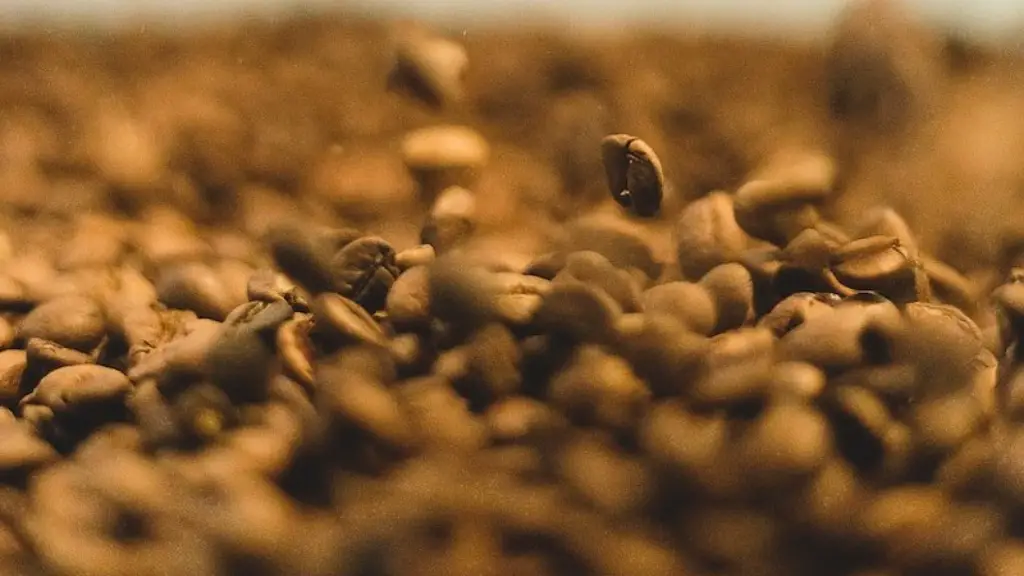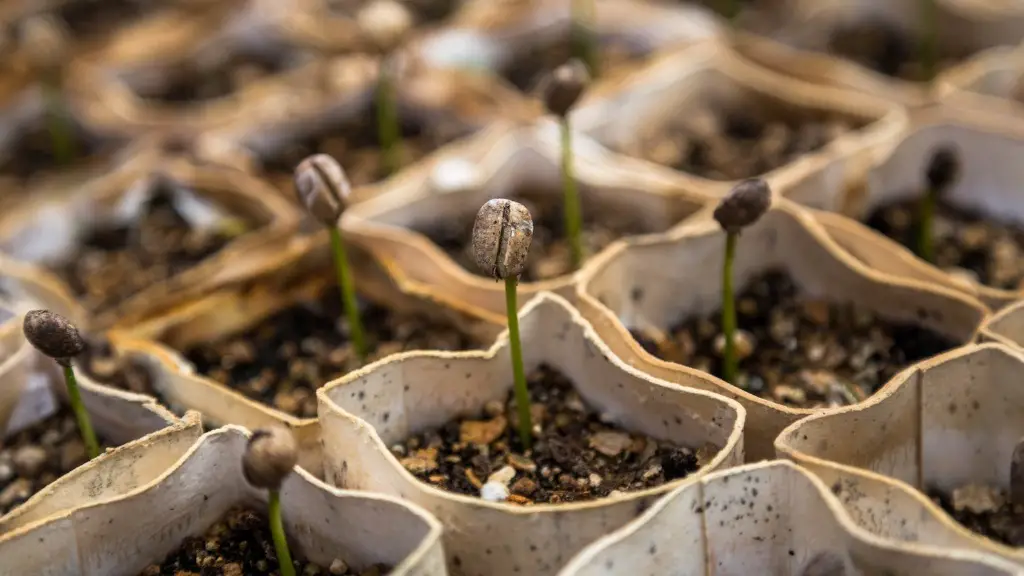Coffee And Hangovers
Hangovers are an unfortunate after-effect of an enjoyable night out. Ecstatic feelings the morning after can often be accompanied by less pleasurable effects of fatigue, headaches, sensitivity to light and sound and a queasy stomach feeling. People have been experimenting with different ways to alleviate hangovers symptoms since the dawn of history, and while the best hangover remedy is always the same — drinking in moderation — some basic habits can help you recover. One of these habits is drinking coffee. Is it safe to have coffee after a hangover?
The Science Behind Coffee and Hangovers
The effects of hangover come mainly from a high Blood Alcohol Content or BAC, which is essentially the amount of alcohol in your bloodstream. Consuming coffee after a hangover can alert you and make you feel more alive and productive, but it is not an effective way to clear your system from the effects of high BAC. Caffeine affects the central nervous system — it is a stimulant, but drinking coffee won’t help you lower your BAC.
The Benefits of Coffee
Having said that, there are other benefits of drinking coffee for a hangover — in moderation, of course. Caffeine helps us wake up in the morning and has been linked to better cognitive performance. According to a 2015 study by Harvard Women’s Health Watch, drinking moderate amounts of coffee on a regular basis is linked to lower risk of stroke, lower risk of dementia and Alzheimer’s, type 2 diabetes and some cancers.
Coffee: The Step that May Help You Feel Better
If you regularly drink caffeine in the morning and need it to be more alert or productive, a cup of coffee may help you reap those benefits and feel better after a night of heavy drinking. One study published in The American Journal of Medicine found that having a mild to moderate amount of caffeine can reduce the pain and physical effects of a hangover and help clear your brain fog. However, keep in mind that it won’t work if you are severely dehydrated — and if that’s the case, the best advice is to keep drinking more water and not more coffee.
Coffee Makes You More Hydrated
Contrary to the popular belief, the widely known diuretic effect of coffee is not strong enough to make you dehydrated — in fact, it can actually make you more hydrated. A study conducted in 2013 by the Royal Society of Chemistry showed that coffee helps replenish some of the lost nutrients, such as vitamins and minerals, after a night of drinking, and these minerals actually help bring back balance in the body and help you recover more quickly.
Coffee and Alcohol Levels
In the long run, it is essential to understand the interaction between alcohol and coffee and to drink both in moderation. While coffee may help reduce some of the effects of a hangover, if consumed to excess it could make some of the symptoms more severe. Too much caffeine can also interfere with alcohol absorption, meaning you could end up with an even higher BAC.
Moderation is the Key
At the end of the day, moderation is key. While you can enjoy coffee no matter the time of day, it is important to realize that drinking unto excess can lead to some nasty consequences. Everything should be taken in moderation and that includes coffee. It is also important to understand that drinking coffee after a hangover probably won’t reduce your overall BAC, which should always be a top priority when drinking alcohol.
Coffee and General Health
In addition to becoming well informed on the effects and interactions of coffee and alcohol, it is essential to stay aware of how coffee can affect your overall health. Moderate intake of coffee can contribute to a healthy lifestyle, however, it is important to focus on personal nutrition, physical exercise and living a mindful and balanced lifestyle in order to improve overall well-being.
Coffee, Hangovers, and Mental Health
It is also important to note that even if coffee can help reduce physical hangover symptoms, it won’t affect the mental symptoms. If you find yourself struggling with regular hangovers, it is important to remember that drinking in excess carries with it some risks and can have lasting effects on mental health. People should take the time to assess their relationship with alcohol and talk to a professional if necessary.
Coffee, Sleep, and Hangover Recovery
Finally, anyone struggling with hangovers should take the time to ensure they are getting enough sleep. While a cup of coffee may help you alert and more efficient during the day, getting enough quality rest at night should always be a top priority when it comes to feeling well and recovering from a hangover.


